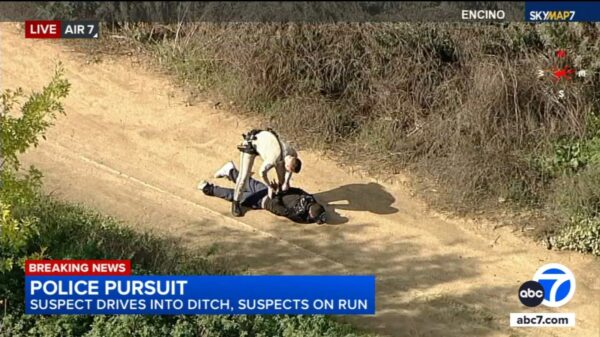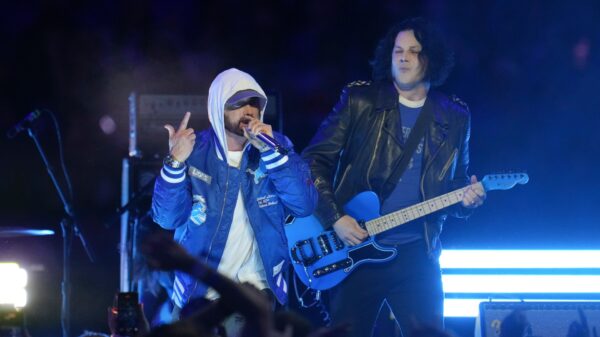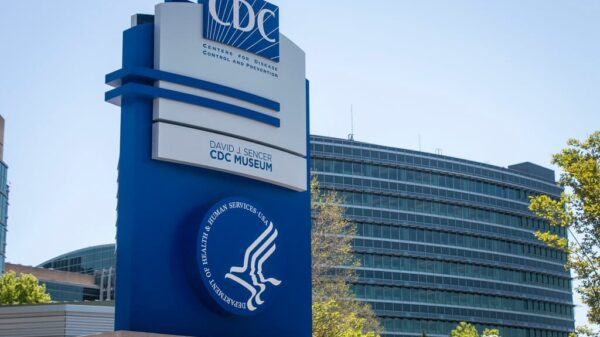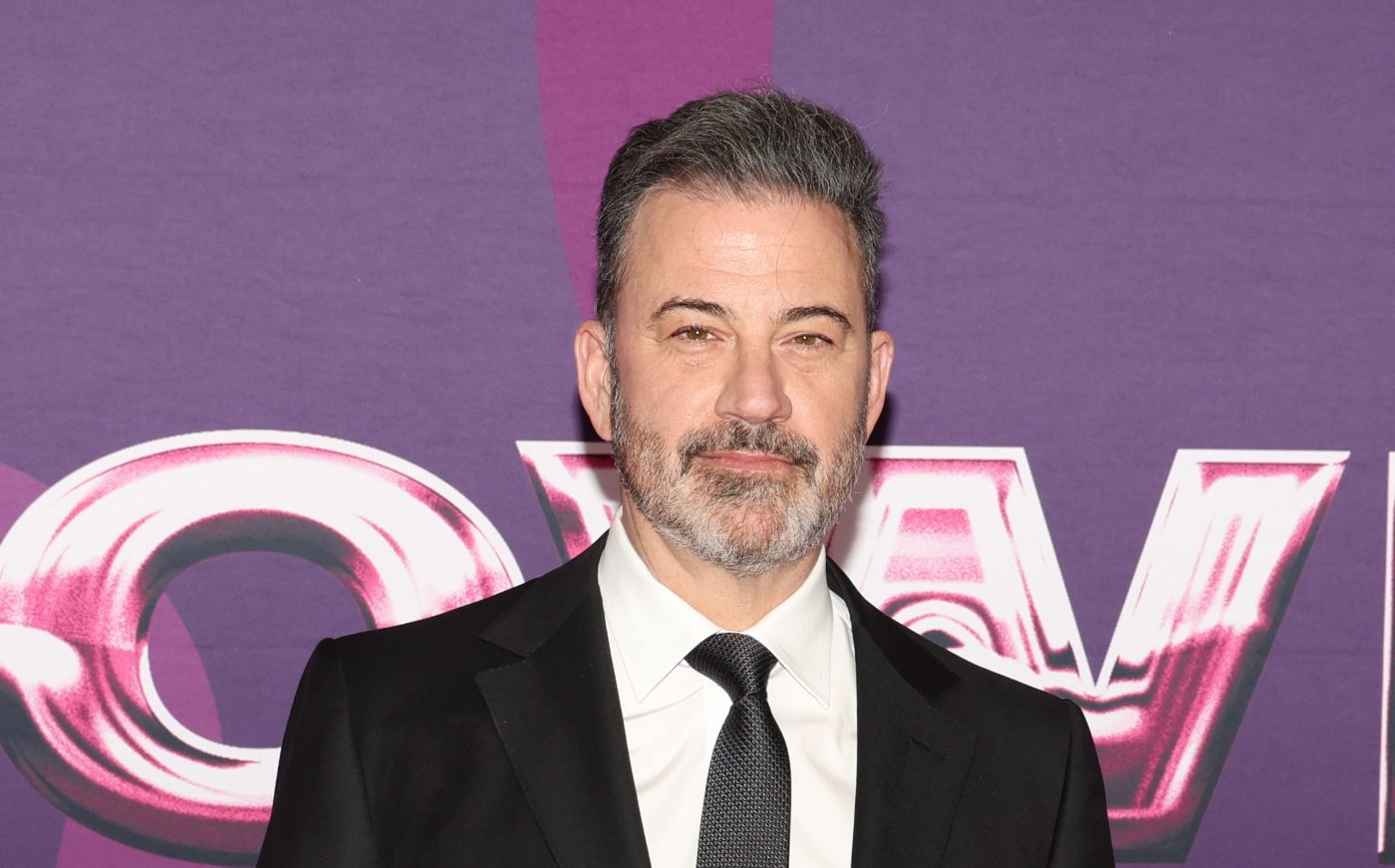UPDATE: In a shocking turn of events, late-night host Jimmy Kimmel has been suspended indefinitely by ABC following controversial remarks about President Donald Trump and his supporters. This decision follows the tragic murder of conservative figure Charlie Kirk and the subsequent arrest of his alleged assassin.
Kimmel’s comments during his recent monologue have ignited a firestorm. He criticized the reaction from the MAGA community to Kirk’s murder, stating, “We hit some new lows over the weekend with the MAGA gang desperately trying to characterize this kid who murdered Charlie Kirk as anything other than one of them.” He also mocked Trump’s childish demeanor in response to Kirk’s death, saying, “This is how a 4-year-old mourns a goldfish.”
Just hours after airing these remarks, Kimmel was taken off the air, raising eyebrows about free speech in the current political climate. Reports indicate that ABC’s decision was influenced by pressure from the Federal Communications Commission (FCC), rather than public backlash. This has sparked a debate about the First Amendment and what it means for media companies today.
Why This Matters: The implications of Kimmel’s suspension extend far beyond late-night comedy. Critics argue it reflects a troubling trend of censorship in response to political discourse. The First Amendment guarantees freedom of speech, stating that Congress shall make no law “abridging the freedom of speech, or of the press.” Yet, some are questioning whether this protection is eroding under political pressure.
Former President Barack Obama weighed in, emphasizing the importance of defending free speech, regardless of political affiliations. He stated, “This is precisely the kind of government coercion that the First Amendment was designed to prevent – and media companies need to start standing up rather than capitulating to it.”
Kimmel’s supporters are rallying around him, highlighting the irony of a comedian being silenced while many believe that political figures routinely face criticism from entertainment platforms. This incident is seen as a crucial moment, urging media outlets to uphold the principles of free expression.
As of now, Kimmel remains off the air with no clear timeline for his return. The fallout from this incident is still developing, and industry experts are closely watching how it may influence other media figures. Will more comedians and commentators feel pressured to self-censor? What will this mean for the landscape of political humor in the future?
Stay tuned for more updates on this unfolding story and its broader implications for free speech in America.



































































